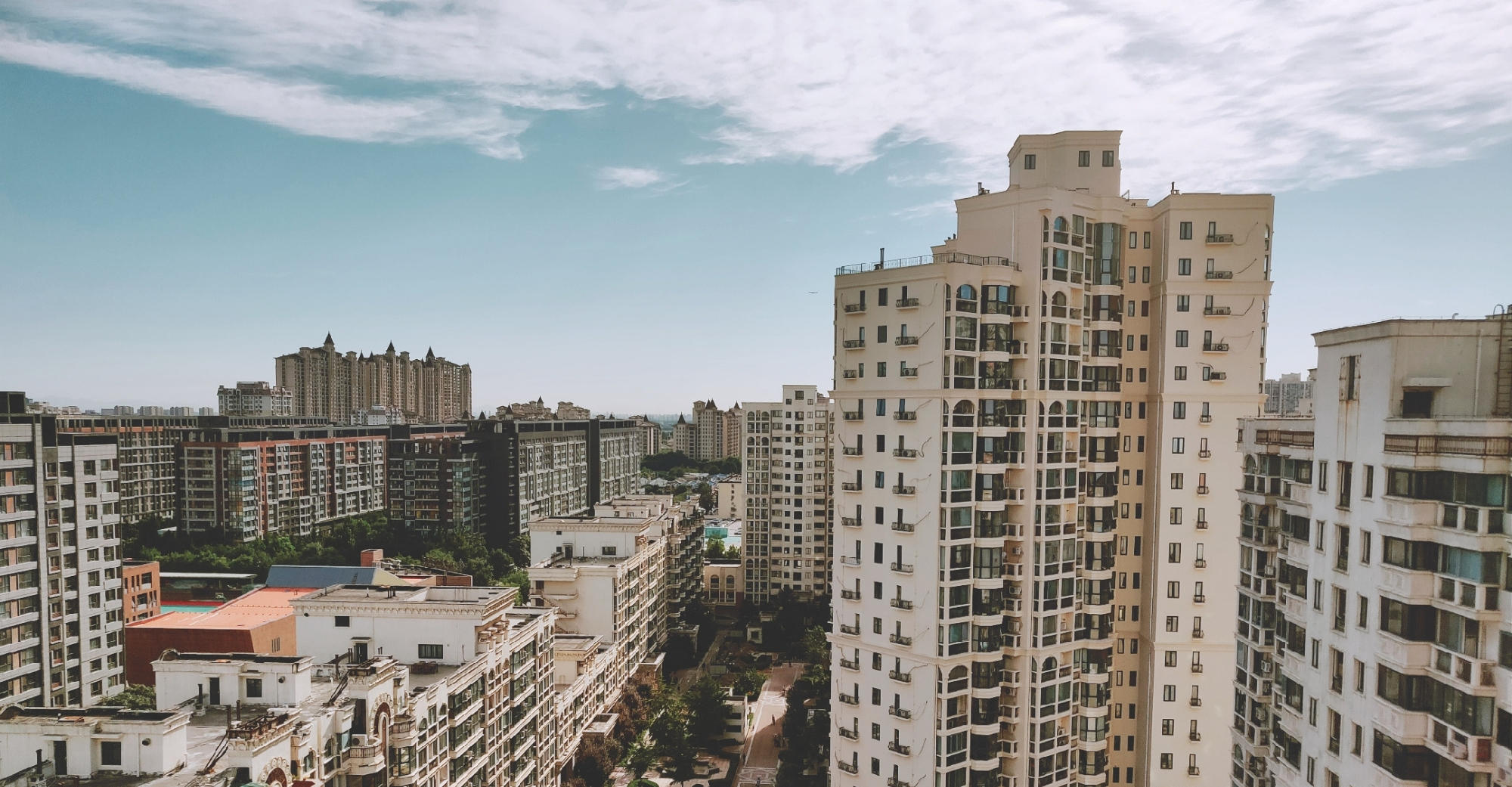Beijing Retightens its Grip on the After-School Tutoring Industry
The last three years since the 2018 crackdown on Beijing’s after-school tutoring industry have seen frustration at the industry’s poor habits eventually reach a climax. The sector encompasses a vast array of services from admissions profiling to top education institutions, English language learning and cramming schools for the nation’s notoriously competitive exams. Capitalizing on the desperation of Chinese parents to bestow upon their children the most elite yet efficient education there is, many after-school tutoring companies operate for profit only with dire consequences.
China’s president Xi Jinping himself recently warned that “The disorder among tutorial centers is an entrenched malady” and that parents ought to fixate less on the academic profiling of their children. (Sometimes as young as 5 years old.) These warnings have since worsened and on March 10th, a mandate from Beijing declared off-campus lessons remain suspended – they were initially stopped due to the Covid-19 outbreak – until further notice. It is reported education institutions were told to prepare for “ambush-style inspections” for which details were not outlined.
What this will mean for the tech-focused tutoring sector remains unclear. Certainly, those that offer crammer classes for students to learn the curriculum in advance ought to be weeded out soon enough. But issues remain. Furthermore, when consumed in moderation, those offering English tuition through interactive platforms, for example, may not be so harmful after all.
Regardless, the news of the crackdown has sowed the seeds of doubt. Since last week the shares of both TAL Education and New Oriental dropped 14% and 11% respectively.
It is clear that the existing mood of education has indeed worsened over time to result in a slump in student mental health, deteriorating passion for learning and an exam-obsessed culture. As the after-school tutoring industry operates for profit only, and students are reduced to statistics, it is no wonder Beijing is taking a firm stance.
One notable concern is the recruitment (and sometimes retention) of underqualified, or worse, unqualified tutors. Crammer schools, for example, may advertise courses as being taught by “celebrity tutors” – or rather recent graduates from top universities. In a nation where admission into prestigious universities can transform students’ (and their families’) lives, the monetization of these “university stickers” is shameful. And yet, if we turn to tech and digitalize the after-school tutoring industry completely, this problem could be solved. A rigorous background vetting of tutors can be undertaken by parents, while lesson timings, plans and homework can be streamlined, and payments made smoother.
SEE ALSO: Is Online Tutoring in China Here to Stay?
According to some, it is the farcical finances of the industry that are the real target here. An article in AI Caijing drew up a government notice that attested “all off-campus education providers will have to sign a contract with banks, such that their tuition fees [held in an escrow account] cannot be withdrawn in advance.” Parents purchasing lessons in bulk and the company subsequently running out of cash is not an unfamiliar occurrence. Week in China recently reported the case of Yousheng Education Technology who in October 2020 after an “unanticipated shuttering” incurred significant losses for parents, with one family reportedly losing “as much as Rmb400,000 ($61,138) that it had prepaid for classes”.
Among Chinese parents there is a unanimous sense of relief at Beijing’s latest crackdown. In an industry where it was previously possible to cut corners and operate as a cash cow, the need for genuine, robust and appropriate education models is finally being prioritized.






